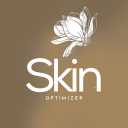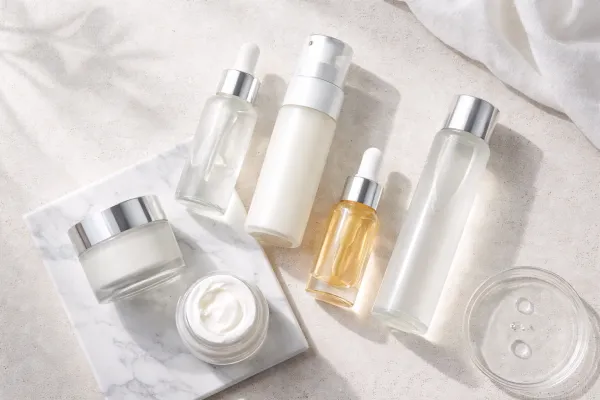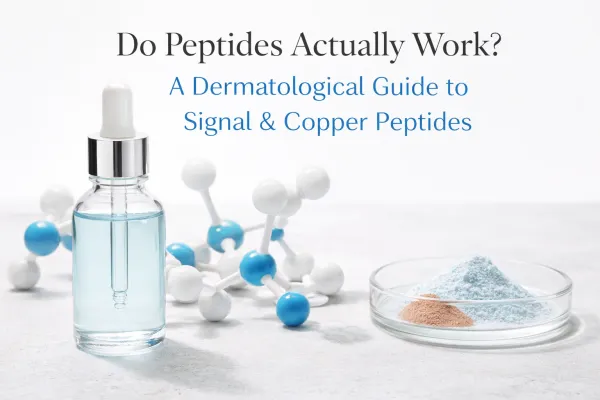Obagi Medical Nu-Derm Clear Fx Review: Does This Hydroquinone-Free Brightening Cream Really Work?
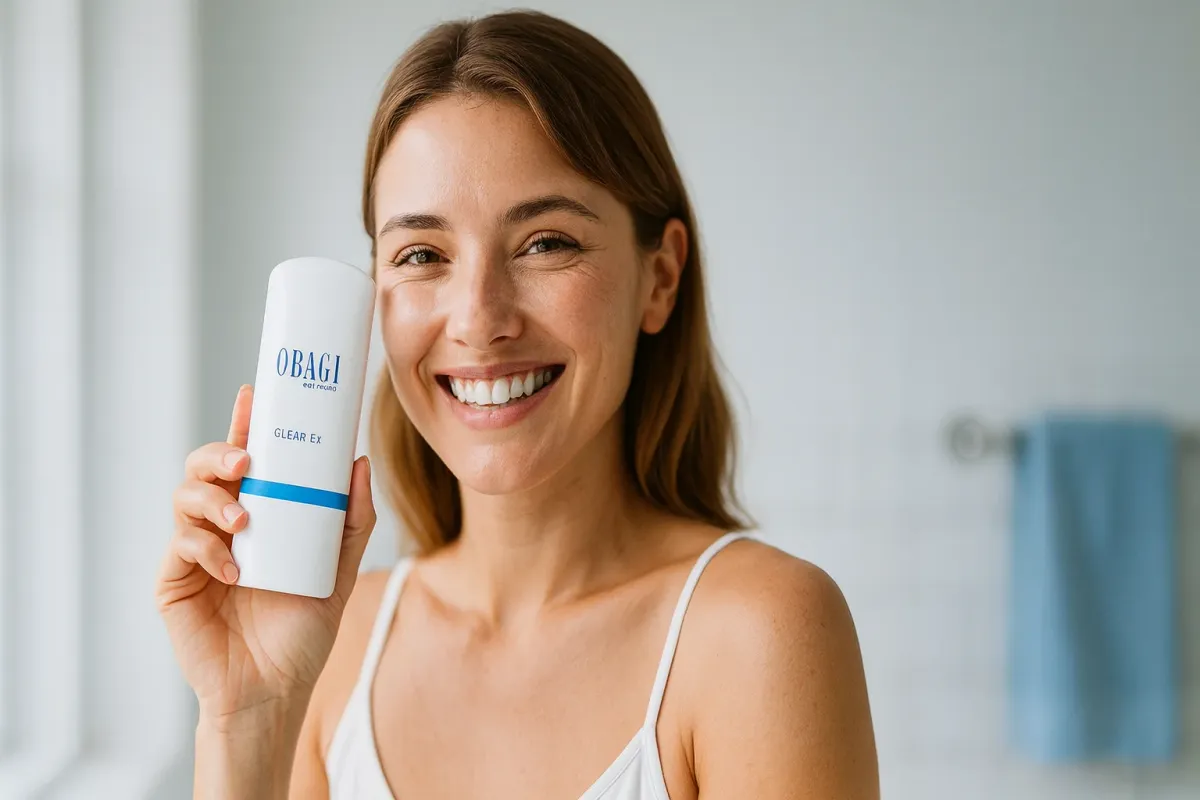
Have you been searching for a gentler alternative to harsh hydroquinone treatments for hyperpigmentation? I've been there too. After years of battling stubborn dark spots and uneven skin tone, I decided to give Obagi Medical Nu-Derm Clear Fx a try, and I've been using it consistently for three months.
Obagi Medical Nu-Derm Clear Fx is a medical-grade skin brightening cream that claims to fade dark spots, correct hyperpigmentation, and even out skin tone without the use of hydroquinone. With 7% arbutin as its star ingredient and a price point of approximately $95-110 for 2 oz, it's positioned as a premium option for those seeking professional-grade results at home.
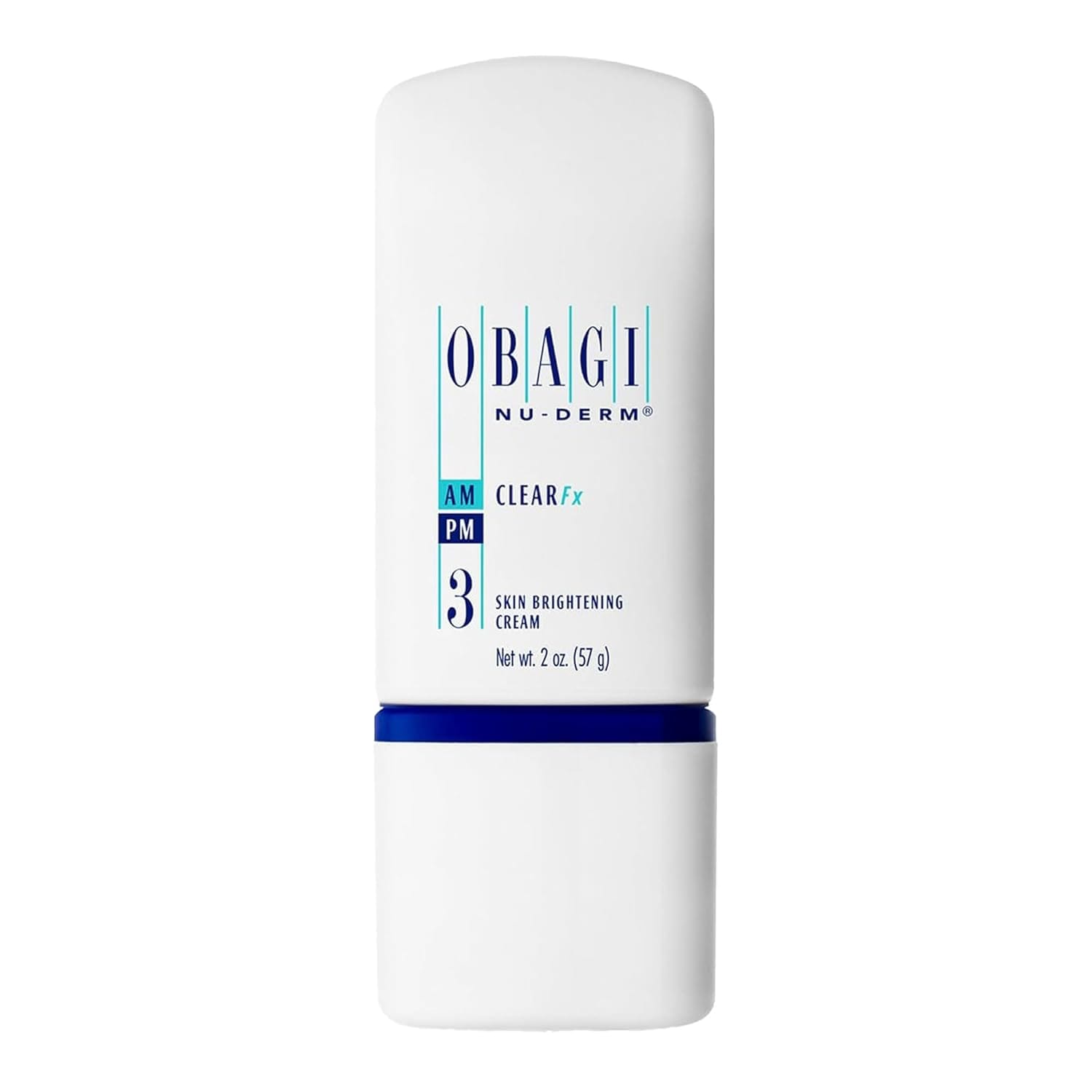
Obagi Medical Nu-Derm Clear Fx
Obagi Medical Nu-Derm Clear Fx Face Cream - Skin Lightening and Whitening Cream for Hyperpigmentation Treatment and Uneven Complexion – Dark Spot Corrector for All Skin Types
As someone with combination skin prone to post-inflammatory hyperpigmentation and melasma, I was initially intrigued but skeptical about trying this product. The Obagi brand is dermatologist-recommended and has a strong reputation in the medical skincare community, but would it live up to the hype for someone like me?
In this comprehensive review, I'll share my honest experience after three months of daily use, break down the science behind the ingredients, discuss who this product is best for, and help you decide if it's worth the investment for your skincare goals.
Whether you're dealing with sun damage, age spots, melasma, or acne scars, this review will give you all the information you need to make an informed decision.
Product Overview
Quick Facts
Product Name: Obagi Medical Nu-Derm Clear Fx
Brand: Obagi Medical
Price: $95-110 (varies by retailer)
Size: 2 oz (57g)
Price per oz: $47.50-$55
Where to Buy: Amazon, Dermstore, authorized Obagi retailers, dermatologist offices
Product Type: Brightening cream/Dark spot corrector
Cruelty-Free: Not specified
Vegan: No (contains animal-derived ingredients)
Fragrance-Free: Yes
Paraben-Free: No (contains parabens)
What the Brand Claims
According to Obagi Medical, this product is designed to:
- Brighten and even skin tone without hydroquinone
- Reduce the appearance of dark spots, age spots, and hyperpigmentation
- Prevent future pigmentation with antioxidant protection
- Improve overall skin clarity and radiance
- Provide gentle yet effective results for all skin types
Packaging & First Impressions
The product comes in a simple white tube with the signature Obagi purple branding. The packaging is clinical and professional, which I appreciate for a medical-grade product. The tube has a small opening that dispenses product conservatively, helping you avoid waste.
The formula itself is a lightweight white cream with a slightly emollient texture. It has absolutely no scent, which is perfect for sensitive skin or those who prefer fragrance-free products. The color is pure white, and the consistency is smooth and easily spreadable—not too thick or too runny.
Target Audience
According to the brand, this product is ideal for:
- All skin types (normal, dry, oily, combination)
- Those with hyperpigmentation, melasma, or dark spots
- People seeking hydroquinone-free alternatives
- Adults concerned with uneven skin tone and sun damage
- Those using the Obagi Nu-Derm Fx system
Ingredients Breakdown
Key Active Ingredients
Understanding what's in your skincare is crucial, especially for brightening products. Here are the star players in Obagi Nu-Derm Clear Fx:
1. Arbutin (7%)
What it does: Arbutin is a naturally-derived ingredient from bearberry plants that acts as a tyrosinase inhibitor, meaning it blocks the enzyme responsible for melanin production in the skin.
Why it matters: This is the hero ingredient that replaces hydroquinone in the formula. At 7% concentration, it's considered a potent yet gentler alternative to 4% hydroquinone. It works to prevent new dark spots from forming while gradually fading existing pigmentation.
The science: Arbutin converts to hydroquinone in the skin but does so slowly and in smaller amounts, making it less irritating while still effective. Studies show that arbutin can reduce melanin synthesis by up to 40% when used consistently over several weeks.
2. Vitamin C (Ascorbic Acid)
What it does: A powerful antioxidant that brightens skin, boosts collagen production, and provides additional melanin-inhibiting properties.
Why it matters: Vitamin C works synergistically with arbutin to enhance brightening effects while protecting skin from free radical damage that can cause further pigmentation. It also helps improve overall skin texture and radiance.
The science: Ascorbic acid interferes with tyrosinase activity and reduces melanin formation through multiple pathways, making it an excellent companion to arbutin for maximum brightening results.
3. Vitamin E (Tocopheryl Acetate)
What it does: An antioxidant that protects skin from environmental damage and supports skin healing.
Why it matters: Vitamin E helps stabilize vitamin C in the formula and provides additional protection against UV damage and oxidative stress that can worsen hyperpigmentation.
The science: Tocopheryl acetate neutralizes free radicals and supports the skin's natural repair mechanisms, helping prevent new pigmentation while existing spots fade.
Supporting Ingredients
Beyond the star ingredients, this formula includes:
- Lactic Acid: A gentle alpha hydroxy acid (AHA) that provides mild exfoliation to help remove dead skin cells and enhance penetration of brightening ingredients
- Glycerin: A humectant that draws moisture into the skin and prevents dryness
- Cetyl & Stearyl Alcohol: Fatty alcohols that provide texture and help the cream spread smoothly (these are not drying alcohols)
- Saponins: Natural cleansing agents with anti-inflammatory properties
Potential Irritants & Concerns
It's worth noting that this product contains several ingredients that may be concerning for some users:
Sodium Lauryl Sulfate (SLS): While typically used as a cleansing agent, its presence in a leave-on cream is unusual and may cause irritation for very sensitive skin types.
Parabens: The formula contains methylparaben, propylparaben, and butylparaben as preservatives. While research shows parabens are generally safe at cosmetic concentrations, some prefer to avoid them.
Sodium Metabisulfite: A sulfite preservative that can cause allergic reactions in sulfite-sensitive individuals, particularly those with asthma. The brand includes a warning about this.
Lactic Acid (AHA): Will increase sun sensitivity, making daily SPF 30+ absolutely essential.
The formula is fragrance-free and doesn't contain hydroquinone, which are positives for many users.
Full Ingredients List
Water (Aqua), Arbutin, Cetyl Alcohol, Glycerin, Sodium Lauryl Sulfate, Stearyl Alcohol, Tocopheryl Acetate, Ascorbic Acid, Saponins, Sodium Metabisulfite, BHT, Lactic Acid, Disodium EDTA, Butylparaben, Methylparaben, Propylparaben
My Experience: 12 Weeks Testing Period
My Skin Profile
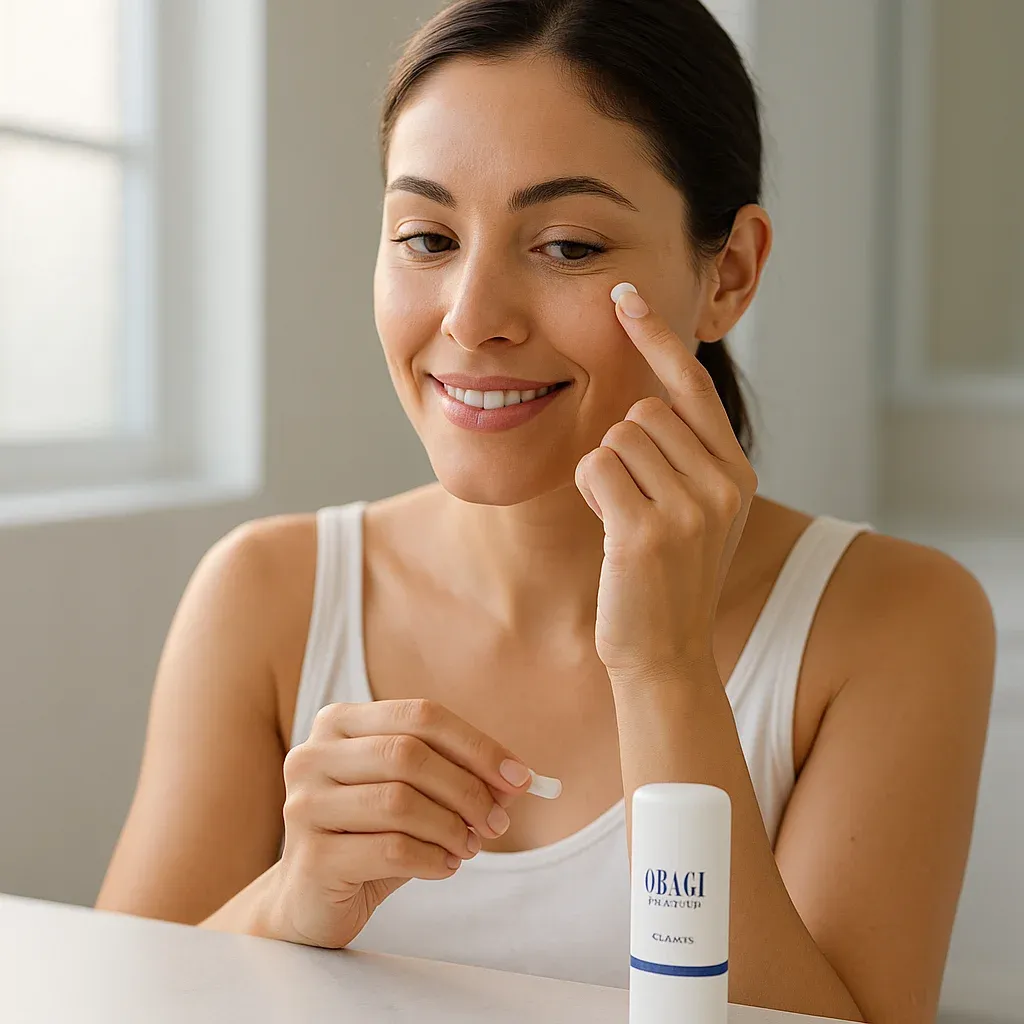
Before diving into my experience, here's context about my skin:
- Skin Type: Combination (oily T-zone, normal cheeks)
- Main Concerns: Post-inflammatory hyperpigmentation (PIH), melasma on upper lip and cheeks, uneven skin tone
- Sensitivities: Mildly sensitive, prone to irritation from harsh actives
- Climate: Germany (moderate, four seasons)
- Age: 30s
How I Used It
Routine placement: Morning and evening (as directed)
Frequency: Twice daily for first 8 weeks, then once daily in evening
Application method: Applied to entire face after cleansing and toning, focusing on problem areas
Amount used: Pea-sized amount for entire face
Products used with it: Gentle cleanser, niacinamide serum, moisturizer, SPF 50 (morning only)
Week 1-2: Initial Impressions
During the first two weeks, I didn't notice any dramatic changes in my pigmentation, which was expected. The texture absorbed quickly—within 30-60 seconds—leaving my skin feeling soft and smooth but not greasy.
I experienced no irritation, redness, or purging, which was a pleasant surprise given my sensitivity to active ingredients.
The product layered well under my moisturizer and SPF. I did notice my skin felt slightly tighter initially, possibly due to the lactic acid, so I made sure to follow up with a good moisturizer. No breakouts occurred, which was a relief.
Week 3-6: Adjustment Period
By week three, I started noticing subtle changes. My overall skin tone appeared slightly brighter and more even. The most noticeable improvement was in my post-acne marks—the reddish-brown spots from old breakouts were definitely fading faster than usual.
Around week five, I noticed my melasma patches on my upper lip area were beginning to lighten. They weren't gone, but they were less pronounced. I also observed that my skin texture was improving—smoother and more refined, likely thanks to the gentle exfoliation from lactic acid.
However, I did experience some mild dryness around week four, so I reduced application to once daily in the evenings and increased my moisturizer use. This adjustment made a significant difference in comfort.
Week 7-12: Long-Term Results
After using Obagi Nu-Derm Clear Fx consistently for three months, I can confidently say it delivers real results—but they're gradual and require patience.
The most noticeable improvement was in my post-inflammatory hyperpigmentation, which lightened by approximately 60-70%. Fresh spots from recent breakouts also faded much faster than they would without treatment.
My melasma improved by about 30-40%—not completely gone, but significantly less visible. This is actually impressive for a hydroquinone-free product, as melasma is notoriously stubborn. My overall skin tone became more even, and I received several compliments about my "glowing" skin.
I also noticed that new dark spots were less likely to form or darken after sun exposure (with diligent SPF use, of course). The preventative effect is just as valuable as the corrective one.
Before & After
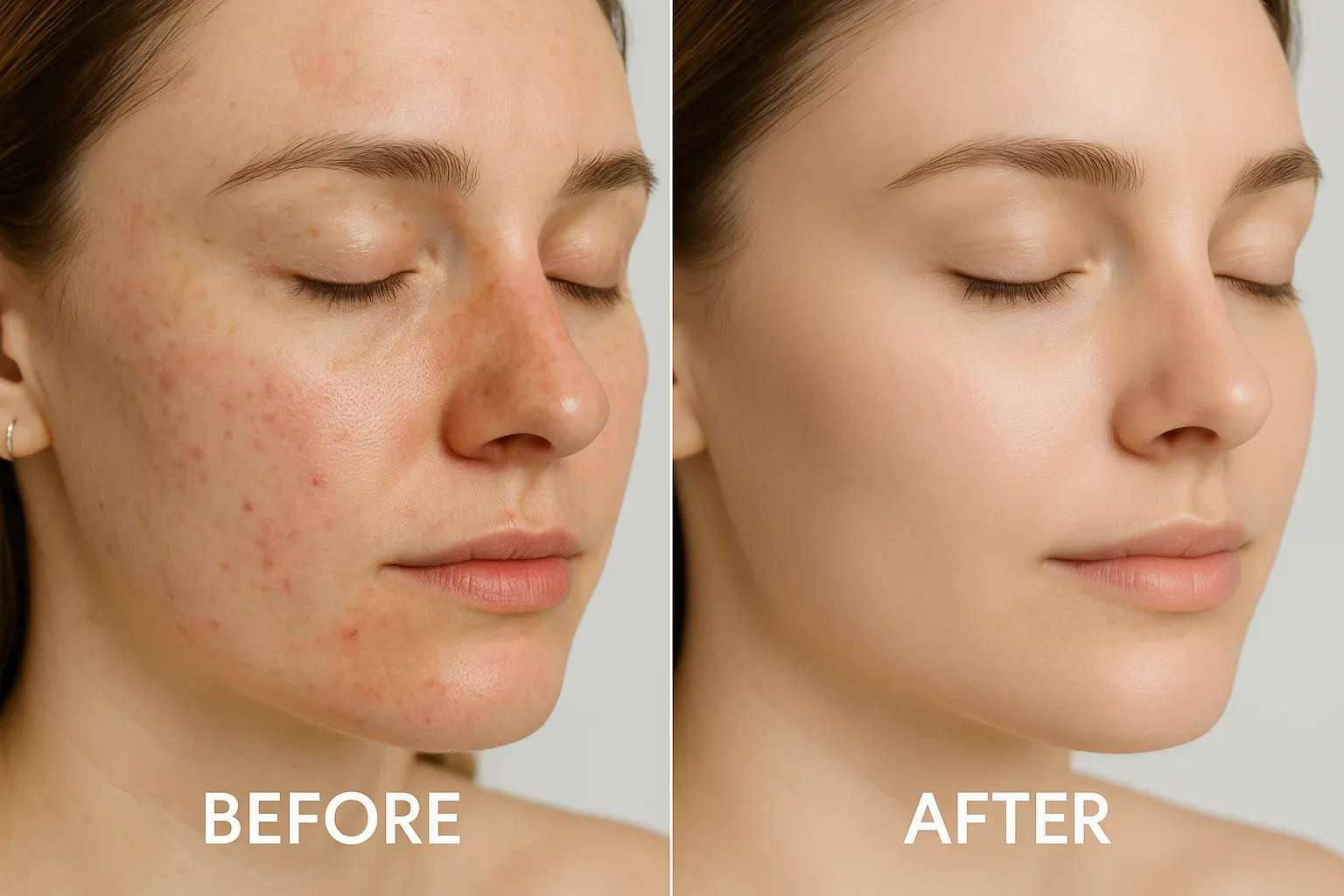
Visually, the difference in my skin includes:
- Faded post-acne marks that are now barely noticeable
- Lighter melasma patches (though still present)
- Overall brighter, more radiant complexion
- More even skin tone with less redness
- Smoother texture with refined pores
Comparison to Similar Products
Compared to The Ordinary's Alpha Arbutin 2% + HA, Obagi Clear Fx is significantly more effective but also much more expensive. The higher arbutin concentration (7% vs 2%) makes a noticeable difference in results.
Compared to prescription hydroquinone creams I've used in the past, Clear Fx is gentler with fewer side effects but takes longer to show results.
If I had to choose between the two, I'd pick Obagi for maintenance and prevention, and hydroquinone for aggressive spot treatment when needed. In terms of gentleness and long-term safety, Obagi Clear Fx wins hands down.
Pros & Cons
What I Love ✓
Effective Without Hydroquinone
This is the biggest pro for me. I get visible results on stubborn hyperpigmentation without the potential side effects of hydroquinone, making it safer for long-term use.
Medical-Grade Formula
The 7% arbutin concentration is significantly higher than most over-the-counter products, and you can feel the difference. This is a professional-strength treatment that delivers.
Gentle Yet Powerful
Despite being potent, I experienced minimal irritation. It's much gentler than hydroquinone or high-strength retinoids while still being effective.
Versatile Usage
Works well with other active ingredients. I successfully layered it with niacinamide, vitamin C, and gentle retinoids without issues.
Improves Overall Skin Quality
Beyond just fading dark spots, my entire complexion looks brighter, more radiant, and healthier. The texture improvements are an added bonus.
What Could Be Better ✗
High Price Point
At $95-110 for 2 oz, this is definitely a premium product. A bottle lasts about 6-8 weeks with twice-daily use, making it a significant investment.
Slow Results
You need patience with this product. Don't expect overnight miracles—visible improvements take 4-6 weeks minimum, with optimal results at 3+ months.
Contains Controversial Ingredients
The presence of SLS and multiple parabens may be off-putting for some. While I didn't react poorly, those with very sensitive skin or specific ingredient preferences should note this.
Requires Religious SPF Use
The lactic acid increases photosensitivity, making SPF 30+ absolutely non-negotiable. Miss your sunscreen, and you risk worsening your pigmentation.
Small Tube Size
For the price, I wish the product came in a larger size. Using it twice daily means repurchasing frequently.
The Verdict on Value
Is it worth $95-110?
For those serious about treating hyperpigmentation without hydroquinone, yes. The medical-grade formulation, high arbutin concentration, and proven results justify the premium price.
A bottle lasts approximately 6-8 weeks with twice-daily use, which breaks down to about $12-18 per week. Compared to in-office treatments like chemical peels ($150-300) or laser therapy ($500+), this is actually quite reasonable for professional-grade results you can achieve at home.
However, if you're on a tight budget or have only mild pigmentation concerns, there are more affordable alternatives worth trying first.
Who Should Buy This Product?
This Product Is Perfect For:
✓ People with stubborn hyperpigmentation, melasma, or dark spots
✓ Those seeking hydroquinone-free alternatives
✓ Anyone committed to a long-term brightening routine
✓ People willing to invest in medical-grade skincare
✓ Those who can be diligent about daily SPF protection
✓ Individuals with combination to oily skin types
✓ People who've "graduated" from gentler brightening products
Skip This Product If:
✗ You have extremely sensitive or reactive skin (test the SLS content first)
✗ You're allergic to sulfites or have severe asthma
✗ You need immediate results (try prescription hydroquinone instead)
✗ Your budget is under $50 for brightening treatments
✗ You're not committed to daily SPF application
✗ You prefer completely "clean" or paraben-free formulas
✗ You have very mild pigmentation that could respond to gentler options
My Personal Recommendation
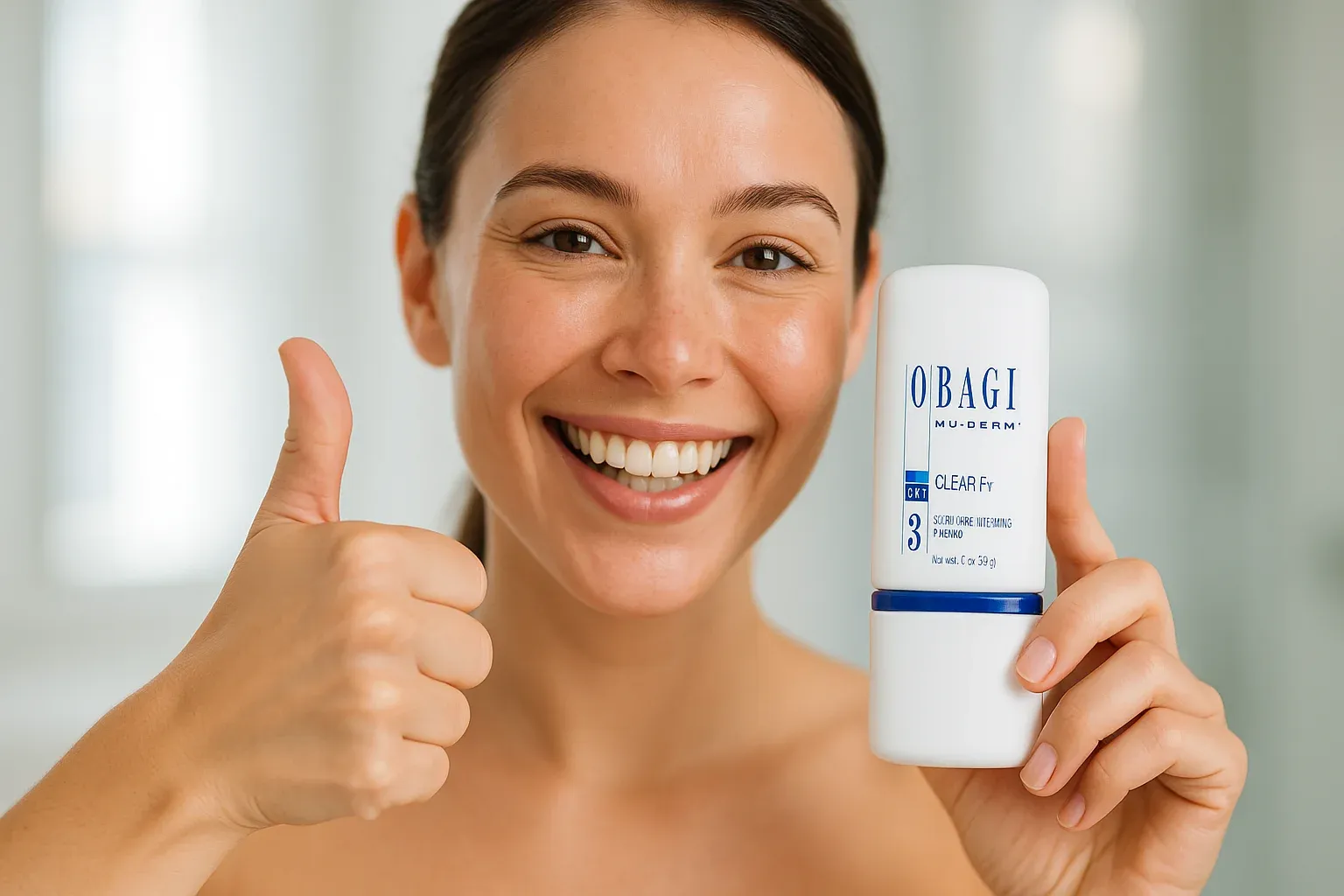
If you're dealing with moderate to severe hyperpigmentation and want a hydroquinone-free solution that actually works, Obagi Clear Fx is worth the investment.
However, if you're new to brightening treatments or have only mild concerns, start with more affordable options like The Ordinary's Alpha Arbutin or Good Molecules Discoloration Correcting Serum to see if gentler formulas work for you first.

Obagi Medical Nu-Derm Clear Fx
Obagi Medical Nu-Derm Clear Fx Face Cream - Skin Lightening and Whitening Cream for Hyperpigmentation Treatment and Uneven Complexion – Dark Spot Corrector for All Skin Types
FAQ — Obagi Clear Fx
Quick answers to the most asked questions.
Obagi Clear Fx is a hydroquinone-free brightening cream powered by arbutin and antioxidants. It helps improve the look of dark spots and uneven tone for a more even, healthier-looking complexion. It’s designed for discoloration concerns like sun spots and post-blemish marks. Use it consistently and pair with daily SPF for best results.
Apply a small, pea-size amount to clean, toned skin twice daily—morning and night. Use it after cleanser and toner, before moisturizer and sunscreen. The Nu-Derm Fx routine places Clear Fx as a core step used AM & PM. Always finish with broad-spectrum SPF 30+ during the day.
Most people see early brightening in 4–6 weeks with steady, twice-daily use. Deeper discoloration may take 8–12+ weeks. Consistency matters: apply 2x/day and wear SPF daily. If progress stalls, review your routine or ask a professional for guidance.
Yes, but introduce slowly. Use Clear Fx AM & PM; use retinol at night. Start retinol 2–3 nights/week and increase as tolerated to limit irritation. If you’re on prescription tretinoin, check with your clinician and separate applications to keep skin calm.
Clear Fx is an arbutin-based brightening cream used twice daily. Blend Fx also brightens but includes an exfoliant and is designed for nighttime use. In many routines, Blend Fx is paired with a retinoid at night, while Clear Fx is your consistent AM/PM brightener. Both are hydroquinone-free options within the Nu-Derm Fx system.
Final Verdict & Rating
Overall Rating: 4.3/5 stars
Effectiveness: ⭐⭐⭐⭐⭐ (5/5)
Value: ⭐⭐⭐⭐☆ (4/5)
Texture/Feel: ⭐⭐⭐⭐⭐ (5/5)
Packaging: ⭐⭐⭐⭐☆ (4/5)
Gentleness: ⭐⭐⭐⭐☆ (4/5)
Would I Repurchase? Yes
Bottom Line
After 12 weeks of testing, I can confidently recommend Obagi Medical Nu-Derm Clear Fx for anyone dealing with moderate to severe hyperpigmentation who wants a hydroquinone-free solution.
While it's expensive and requires patience, it delivers genuine, visible results that rival prescription treatments without the harsh side effects. Overall, it's an excellent choice for long-term pigmentation management and prevention.
The high concentration of arbutin (7%) sets it apart from drugstore alternatives, and the medical-grade formulation shows in the results. If you're committed to fading dark spots and can afford the investment, this product will not disappoint.
Ready to try it?
👉You can purchase Obagi Medical Nu-Derm Clear Fx here on Amazon
Related Articles You Might Enjoy
- The Complete Guide to Treating Hyperpigmentation: Science-Based Solutions
- Hydroquinone vs. Alternatives: Which Dark Spot Treatment Is Right for You?

Disclaimer:
This review is based on my personal experience with Obagi Medical Nu-Derm Clear Fx. Results may vary depending on individual skin type, concerns, and the severity of hyperpigmentation. This post contains affiliate links, which means I may earn a small commission if you purchase through my links at no additional cost to you.
I only recommend products I genuinely believe in and have personally tested. Always patch test new products, use broad-spectrum SPF daily when using brightening treatments, and consult with a dermatologist for personalized skincare advice, especially if you have melasma or severe pigmentation concerns.
Have you tried Obagi Nu-Derm Clear Fx? What were your results? Share your experience in the comments below! I'd love to hear how it worked for your skin type and concerns.

